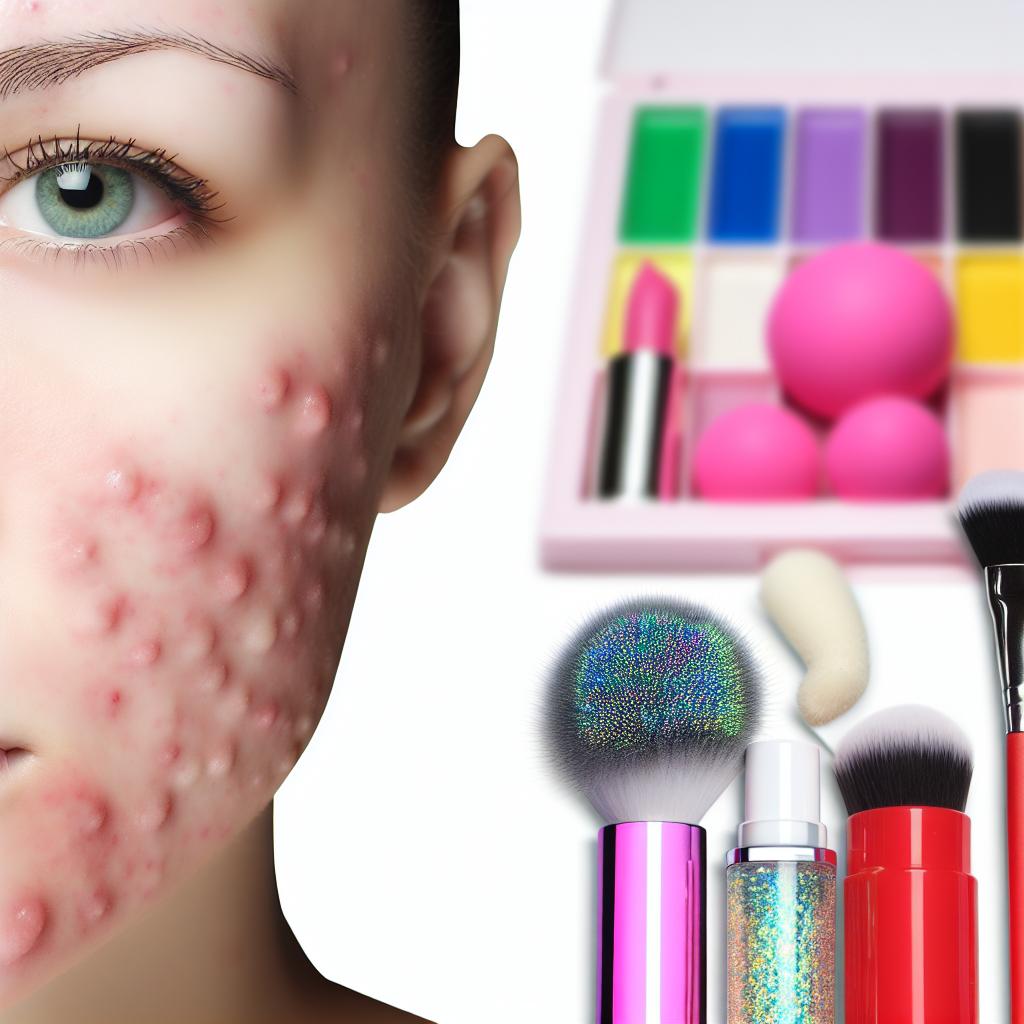
Unlock the secrets to banishing acne for good with our expert guide to beauty routines that really work.
Identifying Your Skin Type and Its Needs
The first step to an effective beauty routine for managing acne is to understand your skin type. Whether you have oily, dry, combination, or sensitive skin can significantly influence how acne manifests and how it should be treated. For instance, oily skin may require more stringent oil control, while dry skin will need more hydration to prevent irritation and further breakouts.
Knowing your skin type allows you to customize your skincare routine with products that are tailored to your specific needs, thereby reducing the likelihood of irritation or exacerbating acne.
Building a Skincare Routine for Acne-Prone Skin
A skincare routine for acne-prone skin should include gentle cleansing, toning, and moisturizing twice a day. Use a mild cleanser to remove excess oil and dirt without stripping the skin's natural oils. A toner can help to restore the skin's pH balance and remove any remaining impurities. Moisturizing is crucial, even for oily skin, to maintain the skin's barrier function and prevent overproduction of oil as a response to dehydration.
Exfoliation is also an important step but should be done cautiously—over-exfoliating can damage the skin and worsen acne. Aim to exfoliate once or twice a week with a product suited for acne-prone skin.
Incorporating Effective Acne Treatment Products
Effective acne treatment products contain active ingredients like benzoyl peroxide, salicylic acid, or retinoids. These ingredients help to unclog pores, reduce inflammation, and accelerate skin cell turnover, preventing new breakouts. It's crucial to start with lower concentrations to gauge skin sensitivity and gradually increase strength as your skin builds tolerance.
Remember to patch test new products and introduce them one at a time into your routine to isolate any potential irritants and avoid overwhelming your skin.
Adjusting Your Diet and Lifestyle for Clearer Skin
Diet and lifestyle have a significant impact on skin health. Diets high in sugar and dairy have been linked to increased acne, so incorporating more fruits, vegetables, lean proteins, and whole grains can help manage breakouts. Hydration is equally important; aim to drink at least 8 glasses of water a day.
Additionally, stress management techniques such as meditation, regular exercise, and adequate sleep can help reduce the severity of acne breakouts by lowering cortisol levels in the body, which can otherwise exacerbate acne.
Maintaining Your Skin Health with Regular Check-ins
Consistency is key in any beauty routine, especially when managing acne. Regular check-ins with a dermatologist can help you track your progress and make necessary adjustments to your regimen. Additionally, monitoring how your skin reacts to seasonal changes, hormonal fluctuations, and stress can help you maintain control over your acne.
Keeping a skin diary can also be beneficial. By noting down your daily routine, diet, stress levels, and skin condition, you can identify patterns and triggers that affect your acne, allowing for more targeted and effective treatment.

